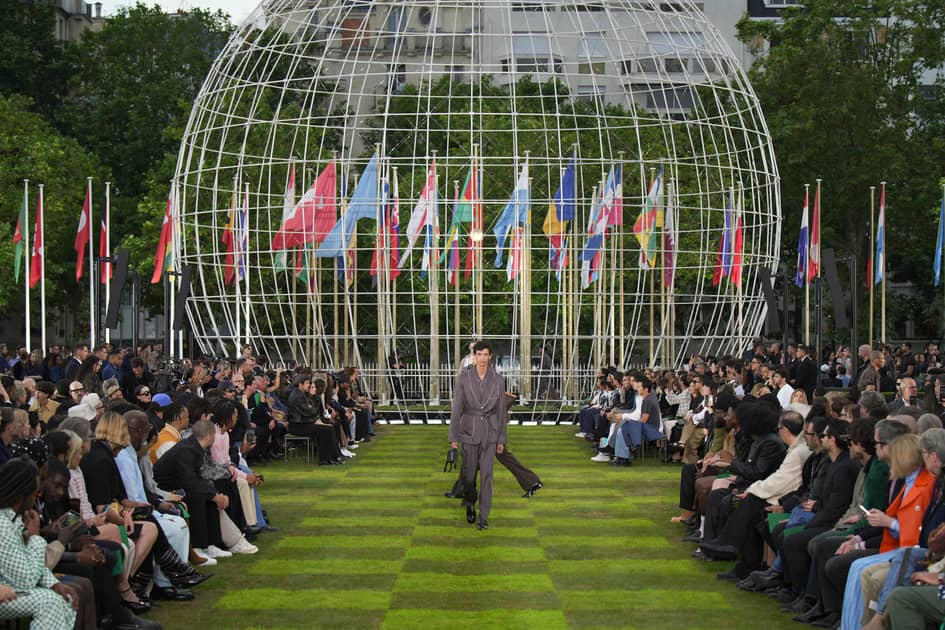The Supreme Court ruled Friday that cities can ticket homeless people for camping in public even when there is no alternative shelter available, a decision that could drastically alter the lives of hundreds of thousands of Americans without a permanent place to live.
The justices sided 6-3 with the Oregon city of Grants Pass, which had asked the high court to review a lower court’s decision blocking the enforcement of a public camping ordinance after determining that banning camping where shelter beds were limited amounts to cruel and unusual punishment.
Grants Pass officials argued that the restrictions imposed by the 9th Circuit Court of Appeals’ decision prevents them from implementing “common sense” laws against camping in certain public places, with which the justices agreed.
“Yes, people will disagree over which policy responses are best; they may experiment with one set of approaches only to find later another set works better; they may find certain responses more appropriate for some communities than others,” Justice Neil Gorsuch wrote for the majority. “But in our democracy, that is their right.”
“The Constitution’s Eighth Amendment serves many important functions, but it does not authorize federal judges to wrest those rights and responsibilities from the American people and in their place dictate this Nation’s homelessness policy,” he continued.
Justice Sonia Sotomayor, joined by liberal Justices Elena Kagan and Ketanji Brown Jackson, dissented.
“For people with no access to shelter, that punishes them for being homeless,” Sotomayor said of the city’s law. “That is unconscionable and unconstitutional. Punishing people for their status is ‘cruel and unusual’ under the Eighth Amendment.”
The Grants Pass anti-camping law would fine homeless people $295 per night for sleeping in the city’s public parks. Attorneys representing the city’s homeless population had argued that allowing the rule to stand would essentially criminalize the existence of homeless people.
During oral arguments in April, the justices acknowledged the complicated issue of homelessness in the U.S.
Sotomayor raised that sleeping is a biological necessity and that some people may be forced to do it outside if other shelter isn’t available. Justice Brett Kavanaugh questioned whether ticketing people for sleeping outside helps solve the issue if there isn’t an alternative. And Gorsuch pointed to the sanitary risk posed by allowing encampments to stand.
Rates of homelessness remain at record-high levels as housing prices continue to soar. There are about 650,000 homeless people in the country, according to the Department of Housing and Urban Development, with about a third of them living on the West Coast.
The justices previously declined to consider a similar appeal of the lower court’s 2019 ruling, which found that sleeping outdoors on public property — when there is no option to sleep indoors — can’t be criminalized “on the false premise they had a choice in the matter.”
The Associated Press contributed.







